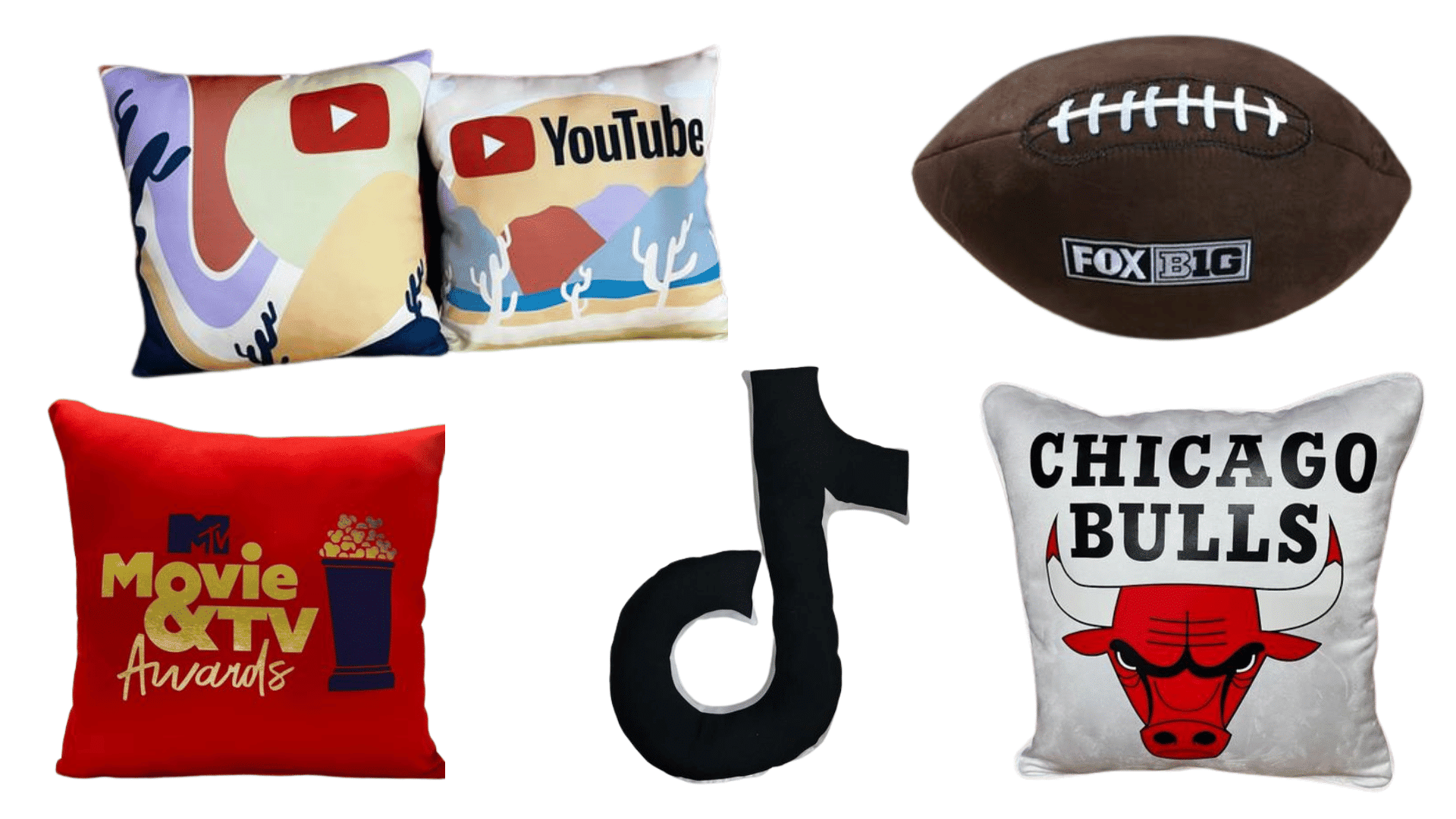In 2025, more than 73% of global consumers say they would change their consumption habits to reduce environmental impact—a clear sign that sustainability is no longer a trend, but a standard. For event planners and brand managers navigating this shift, the importance of offering premium, eco-conscious merchandise has never been greater. At JNP Merchandising, we understand that sustainability should never compromise luxury. As the leading experts in merchandising and promotional products for event planners, we deliver high-end, environmentally responsible solutions—24/7, 365 days a year. Whether it’s a last-minute activation or a long-term campaign, our team is ready to elevate your brand with products that align with your vision and values.
Explore how our merchandise for event planners is helping clients stay ahead of the curve. In today’s world, sustainability sells.
Understanding Sustainable Merchandising and Its Importance
Sustainable merchandising is more than a buzzword. It’s a commitment to aligning branding and promotional efforts with eco-friendly values, ethical sourcing, and long-term environmental responsibility. As sustainability becomes an expectation, not an option, event planners and brand managers must lead intentionally.
From responsibly sourced apparel to reusable luxury gift sets, every merchandising choice has the power to reflect a brand’s values. At JNP Merchandising, we specialize in helping brands create impact through elevated, sustainable product solutions that impress without excess.
Why it matters:
- Consumers are watching. A 2023 Nielsen study found that 78% of US consumers say a sustainable lifestyle is essential.
- Sustainable doesn’t mean basic. With the right partner, your merchandise can be luxurious, purposeful, and planet-friendly all at once.
Key Eco-Friendly Trends Shaping the Future of Merchandising
Today’s forward-thinking brands are embracing:
- Zero-Waste Packaging: Packaging from recyclable mailers to compostable wrapping is now part of the product story.
- Biodegradable Materials: T-shirts made from bamboo or reusable totes crafted from recycled plastics redefine quality standards.
- Sustainable Supply Chains: Transparency and traceability from raw materials to finished goods.
- Circular Economy Models: Encouraging product returns, reuse, and responsible disposal.
- Eco-Conscious Consumerism: Meeting the demand for goods that reflect personal values.
Pro tip: Choose items your audience will use again and again. The most sustainable merchandise avoids the landfill entirely.
The Role of Technology in Promoting Sustainable Merchandising Practices
Technology is reshaping sustainability in powerful ways:
- AI-Powered Demand Forecasting reduces overproduction and waste.
- Blockchain Solutions enhance supply chain transparency.
- Digital Inventory Management helps brands reduce surplus stock.
- App-Based Recycling Programs reward users for responsible returns.
- Virtual Mockups & Approvals eliminate the need for wasteful samples.
These innovations streamline operations while making it easier to prove your brand’s eco-credibility. At JNP, we integrate digital solutions into every project for greater efficiency, traceability, and turnaround speed.
How Brands Can Implement Sustainable Practices in Their Marketing Strategies
Sustainability isn’t a separate campaign—it’s a core message. Brands that succeed in 2025 will weave green practices into every touchpoint.
Here’s how to start:
- Tell Your Story: Share the “why” behind your eco-friendly merchandise. Customers connect with brands that stand for something.
- Partner with Influencers Who Care: Work with voices that already resonate with your values.
- Prioritize Quality Over Quantity: A small collection of stunning, sustainable items speaks volumes.
- Engage Your Community: Invite your audience to participate through giveaways, recycling programs, or social challenges.
Ready to start? Let our event merchandising experts help you tell a luxurious, impactful sustainability story.
Case Studies: Brands Leading the Way in Sustainable Merchandising by 2025
Some standout examples include:
- A global streaming network that worked with JNP to create biodegradable press kits for a high-profile premiere. Each item was ethically produced and packaged to reflect the show’s environmental message.
- A major beverage brand uses seed-paper wristbands at festivals—plantable, beautiful, and completely waste-free.
- Luxury wellness events sourcing natural-fiber robes and recycled glass water bottles, branded tastefully and delivered with zero plastic.
Each project proves that sustainability can be seamless—and even luxurious—when done right.
The Challenges and Opportunities for Brands Embracing Sustainability by 2025
Adopting sustainable merchandising practices isn’t without hurdles. Some of the biggest challenges brands face include:
- Higher Upfront Costs: Premium sustainable materials often come at a price, but deliver long-term brand equity.
- Greenwashing Risks: Consumers are savvy. Inauthentic claims can do more harm than good.
- Supply Chain Complexity: Sourcing ethical vendors takes time, but working with experienced partners streamlines the process.
Still, the opportunities far outweigh the obstacles.
- Stand out in a saturated market.
- Build authentic trust with your audience.
- Attract values-driven customers and collaborators.
- Future-proof your brand against regulatory shifts.
Pro tip: Look for a merchandise partner with a vetted network of eco-conscious suppliers who can deliver high-quality results fast.
Let JNP Merchandising help you design sustainable merchandise that leaves a lasting impression for your brand, audience, and the planet. From concept to delivery, we’re here when you need us, no matter the hour.





